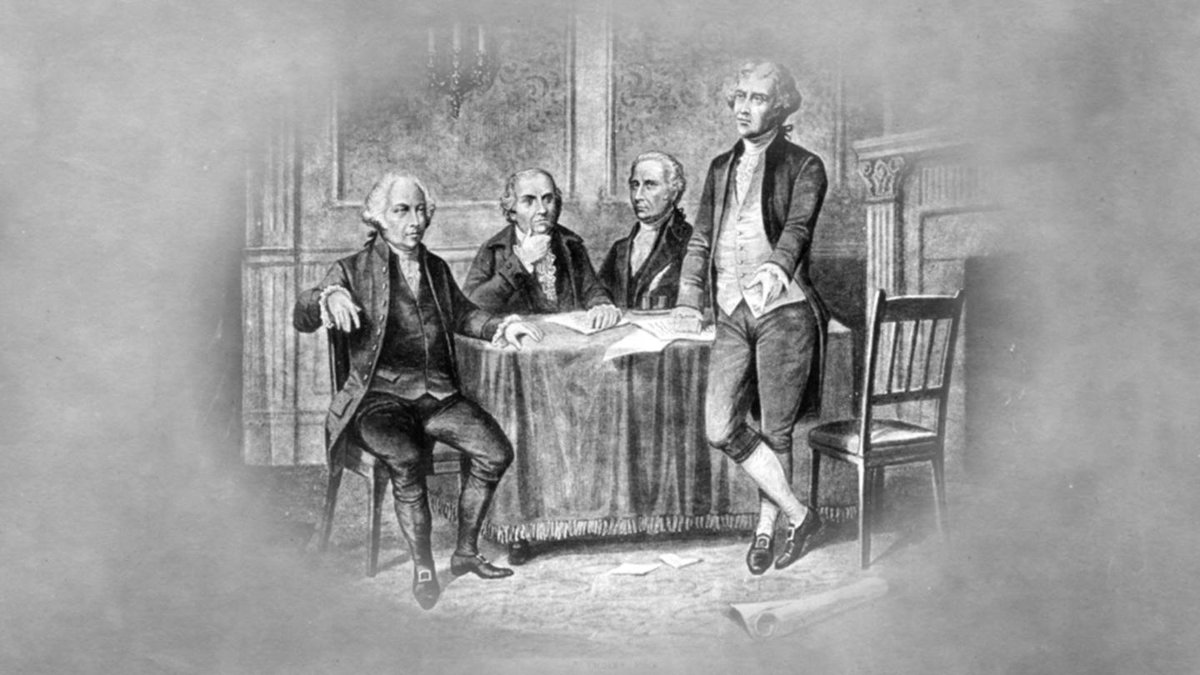He states:
“A new imperialism had descended on the Islamicate world in the 1990s. Its rules were clear. The US would support despots in the Muslim states so long as they came to terms with Israel
1/n
2/n
3/n
Professor Hoodbhoy thinks otherwise. Instead of offering a historical analysis, rooted in the dynamics of global capitalism and
4/n
His method is familiar – damnation by accusation, damnation by defining the essence
5/n
6/n
7/n
8/n
9/n
10/n
11/n
12/n
Compare these developments with the history of constitutional movements elsewhere, not excluding Europe, during the nineteenth century –
13/n
Incredible as this appears to minds blinded by Eurocentric prejudice, Tunisia, Egypt and Iran were taking the lead in making the transition to constitutional monarchies.
14/n
15/n
16/n
17/n
Pervez Hoodbhoy counsels Muslims to give up the “false notions” of Islam. On the contrary, Muslims alienated from their roots need to renounce false Orientalist narratives – of an Islam that has been misrepresented as irrational, misogynist,
18/n
Rational thinking did not begin with the Enlightenment. In fact, several Enlightenment thinkers turned to Islam to advance their own struggle against medieval obscurantism, the intolerance of an organized clergy, and the anti-rationalism of their own
19/n
According to Bernard Lewis, “The image of Mohammed as a wise, tolerant, unmystical and undogmatic ruler became widespread in the period of the Enlightenment.” It is time for alienated Muslim intellectuals to tear the Orientalist veil that obscures their
20/n
21/n
Reference:
1.Alam, M. S. (2004). Is There an Islamic Problem?: Essays on Islamicate Societies, the US, and Israel. The Other Press.



